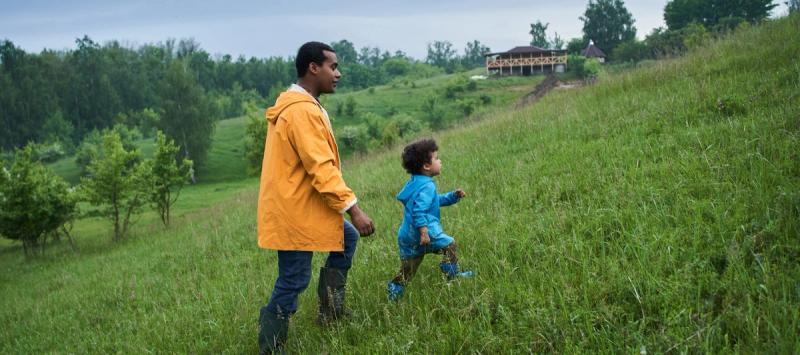
You’ve probably heard this illustration many times: The best way to spot a counterfeit is to know the real thing.
This is our first line of defense as we send our children out into the world. Whether that’s literally the classroom this fall, or simply the reality that will inevitably come, our children will face “the real world.” Their faith will be questioned; trials will come. Will they be like the man who dug down deep and built his house upon a rock? (Luke 6:48) Will they “be prepared to make a defense to anyone who asks” them for the reason for their hope? (1 Pet. 3:15)
There are two parts to teaching our children the foundations of our faith. The first is what, and the second is why. We’ll consider what here, and why in #2.
What can be relatively easy. Our kids’ minds are like sponges, and if we’re intentional, we can build a stockpile of biblical truth that they can draw on for years. We can help them store up God’s word in their hearts, so they’ll be equipped to fight temptation when it comes (Ps. 119:20).
When I was a child, I participated in a church program built around memorizing Scripture. For a number of reasons, I left my faith in college, but I couldn’t shake the knowledge I’d accumulated. Deep down, I believed the Bible was God’s word, that Jesus was God’s Son, that he had risen from the dead. When I found myself back in a church years later, and the Lord awakened my heart to hear and receive the gospel, I went home and did the thing I’d been trained to do. I opened my Bible. In the months and years that followed, the Lord filled out the infrastructure he’d established all those years before.
Of course, I hope my children won’t have a foundation that gets buried. I hope they don’t have that season of running from the Lord. But my own experience reminds me that the time I spend teaching my kids the core truths of our faith won’t be wasted, even if I can’t see its fruit immediately.
Teaching our kids what we believe is a worthwhile investment. But statistically, most Christians don’t know the core truths of the Christian faith. They can’t tell you how many commandments God gave to Moses or who the disciples were, much less explain doctrines like the Trinity, justification, or substitutionary atonement. Even reading those words might make your heart sink. How are we to teach our children what we don’t know ourselves?
There’s no shame in not having all the answers. In fact, demonstrating that humility to our children teaches them that there’s no end to learning about God and his word. It shows them that building a foundation is a process—one that lasts a lifetime. And there are endless resources available to come alongside us as we come alongside our children (I’ve listed several in the attached Guide PDF).
As our kids go back to school, let’s equip them with the what of our faith. As they encounter the false gospel of our culture that whispers promises it can’t keep, and the false gods of the age that beckon them to come and worship, let’s make sure they know the real thing. Let’s invite our children to dig down deep with us and build a foundation that can withstand anything that might come their way.
















